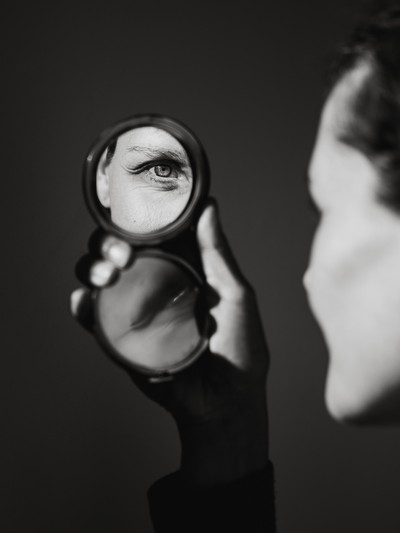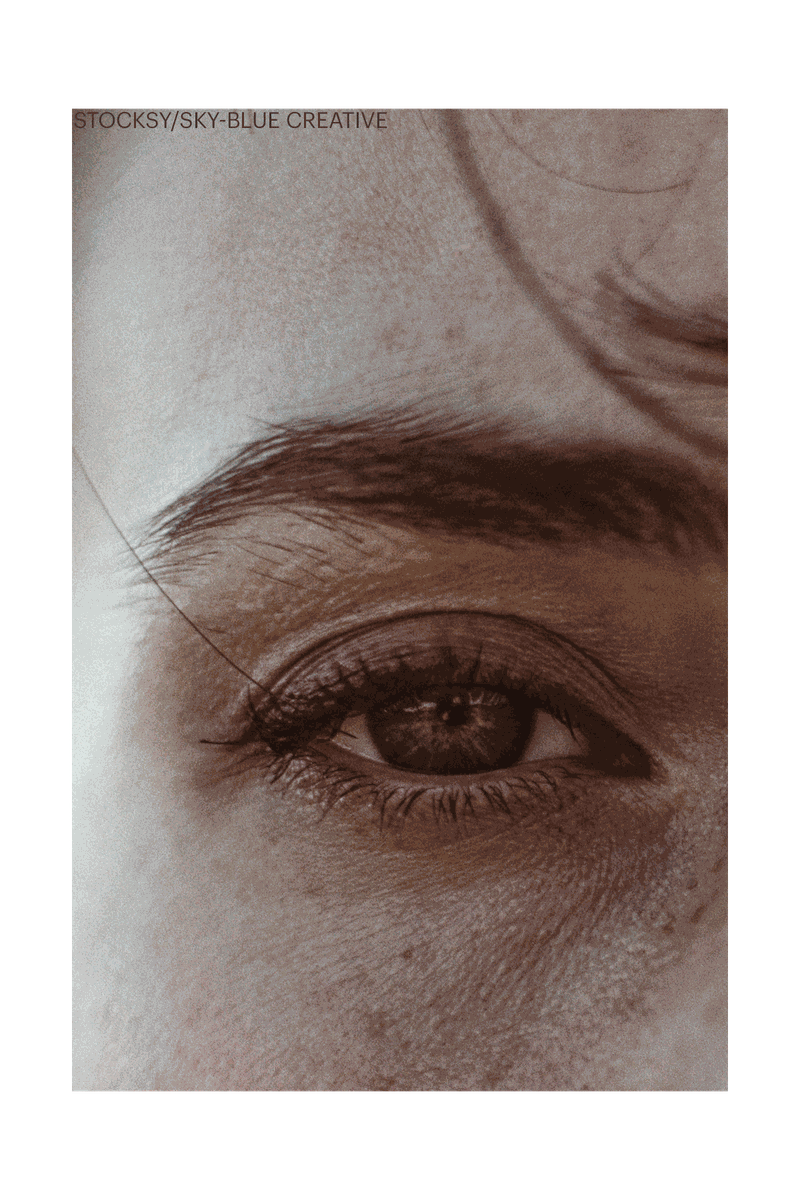

An Expert’s Guide To Dealing With Cataracts
Let’s Start With The Basics – What Is A Cataract?
“A cataract is when the natural lens in the eye has lost its transparency and becomes cloudy. Most cataracts are related to just getting older and, as they develop slowly, some patients may not be aware that they are developing cataracts until routine eye checks identify them. Cataracts are the most common cause of treatable blindness in the world.”
How Can You Tell If It’s A Cataract, Or Wear & Tear Of Your Eye?
“Due to their gradual development, it can be hard to tell. If you’re experiencing blurred vision, your vision at night isn’t as good or you are getting glare or halos with car headlights or streetlights, or your spectacle prescription keeps changing then it’s worth booking an appointment with your local Optometrist.”
Can Anyone Develop Cataracts – What Are The Risk Factors?
“They are often age-related, but they aren’t just in the elderly. Whilst they are unlikely in those under 40, they can occur at any age and your risk is increased if you have diabetes or previous eye trauma. A family history of cataracts may also increase your chances of getting them. Other factors that can increase your risk include UV exposure (sunlight), steroid tablets and the use of steroid creams around the eyes. Drinking too much alcohol can also contribute, as can smoking and not wearing sunglasses on a regular basis.”
What Is The Best Way To Get A Diagnosis?
“The first step is to make an appointment with your local Optometrist. Typically, they will find your vision to be not as sharp as it should be, even with glasses or contact lens correction. They will examine your eyes with a microscope where any cataract can be identified. They can then make a referral to an ophthalmic surgeon.”
Is Surgery The Only Option To Getting Rid Of Cataracts?
“In brief, yes. It’s a life-changing operation and many people don’t know this, but it’s also a very short one. Typically, it takes less than 15 minutes per eye. Both eyes can be safely treated the same day. The anaesthesia is usually in the form of eye drops and a small pellet is used to dilate the pupil, so there is no need to worry about any needles around the eye. The surgery is pain-free – at most you’ll feel some pressure and fluids around the eyes. Sedation is available if you’re anxious.”
So, What Can You Expect From The Surgery Itself?
“During cataract surgery, the cloudy natural lens is removed and replaced with an artificial lens implant (intraocular lens, IOL). This is all done through a tiny incision that is at most 2.4mm wide.
There are currently three main types of intraocular lens – monofocal, extended depth of focus and multifocal. For NHS cataract surgery, only one type of lens implant is available – a single focus lens (termed 'monofocal'); when this is chosen to provide clear unaided distance vision, glasses are needed for example for computer screen distance and all near vision tasks. Privately, there are more lens choices available, and patients tend to prefer the ‘extended depth of focus’ or ‘multifocal’ (full range) lenses, as these provide a much higher range of focus without needing spectacles.
With an extended depth of focus or multifocal lens, the result is much closer to the natural lens you are born with, and vision at close range, intermediate and distance is clearer than with the monofocal lens. The lens implant is designed to last a lifetime.
Privately, femtosecond laser-assisted cataract surgery is also available, which provides greater precision for some of the steps of surgery compared to when performed by hand. The laser can also help correct any astigmatism, meaning sharper vision.
Are There Any Risks & Downtime To Be Aware Of?
“Cataract surgery is a low-risk surgery but, like any surgery, it’s not zero-risk. The overall risk of severe vision loss from a complication is around 1/1000, or less, for each eye. The risk of a significant complication during surgery is about 1/100 on average and the complication rate is about half this under highly experienced surgeons. Overall, there is no major downtime – most people will be back at work and able to drive within a few days. Your vision immediately after surgery will be blurry with a slight glare that will settle. It’s also normal for the eyes to feel a little gritty for a few days and I give all my patients eye drops to ensure that they are as comfortable as possible in the days following surgery. It’s important you avoid touching or rubbing the eyes after surgery for a few days to a week, while sunglasses will help with sensitivity.”
And, Finally, Is There A Risk Of Cataracts Returning Post-Surgery?
“No, but it is worth noting that about one in ten may need a very simple laser treatment – YAG laser capsulotomy. This can be necessary after cataract surgery if there is any misting of the capsule that holds the new lens implant in position. This is a quick and easy outpatient treatment and, again, it’s painless.”
Considering Surgery?
Here’s Why Alex Day Is One Of The Best Specialists…
- He is a leading cataract and laser refractive eye surgeon
- With over 20 years’ experience, you can trust you’re in safe hands
- Benefitting from extensive training – with fellowships at Moorfields Eye Hospital and The London Vision Clinic – he is up to speed with the best surgical techniques
- He has been awarded with numerous prestigious appointments – including Honorary Associate Professor at University College London and is the appointed Chair of the Royal College of Ophthalmologists Cataract Surgery Standards Group
- Post-surgery, Alex himself is available to patients 24/7 for full aftercare reviews and continuous care
- Kind, compassionate and reassuring, he will immediately put you at ease, with no questions too big to ask
WHAT MR ALEX DAY'S PATIENTS SAY:
“I’m really pleased with the result and the process, and am happy I chose to go with Mr Day. I was quite worried about getting surgery on my eyes but he took a lot of time in answering my questions. The day of the surgery was also excellent – I felt that they (Mr Day and Aurelia) really cared about my experience and I wasn’t just on a production line. I would not hesitate to recommend Mr Day to anyone!”
“Very thorough, reassuring and with detailed preparation and aftercare. A very high-quality experience and with results that are both amazing and exactly as described.”
“It was a really painless and good experience as I was very nervous ahead of the procedures, but there was no need to have worried. I am very happy also that I opted to have both eyes done on the same day and with laser assistance.”
“Excellent surgeon, caring and competent. Would strongly recommend to anyone considering eye surgery. Both myself and my wife had treatment with Mr Day and both of us rate him with five stars.”
“I owe a huge debt of gratitude to Mr Day. After 50 years of wearing contact lenses I had lens exchange cataract surgery and I now have 20 20 vision and can read fine print. The procedure was comfortable and problem free.”
*All reviews taken from TrustPilot.co.uk
For More Information On Treatment Options & To Book A Consultation, Visit AlexDay.co.uk
Consultations will take place at Moorfields Private Eye Centre in New Cavendish Street, London W1, with treatments taking place there and also at the main Moorfields site London EC1.
DISCLAIMER: We endeavour to always credit the correct original source of every image we use. If you think a credit may be incorrect, please contact us at info@sheerluxe.com.


